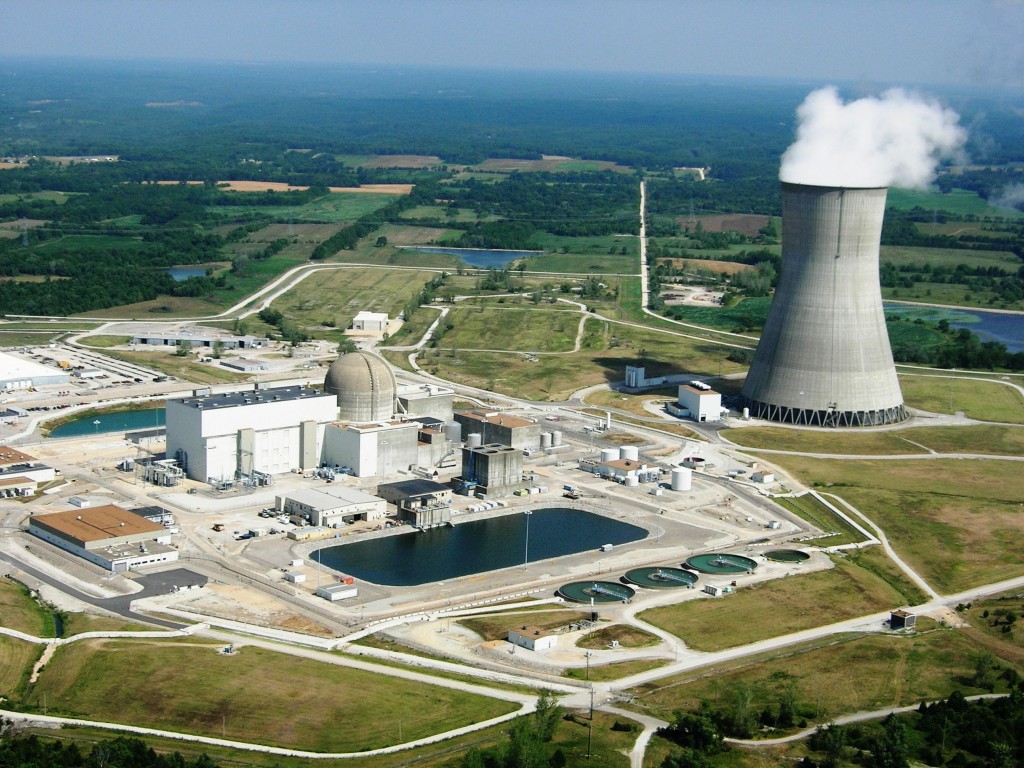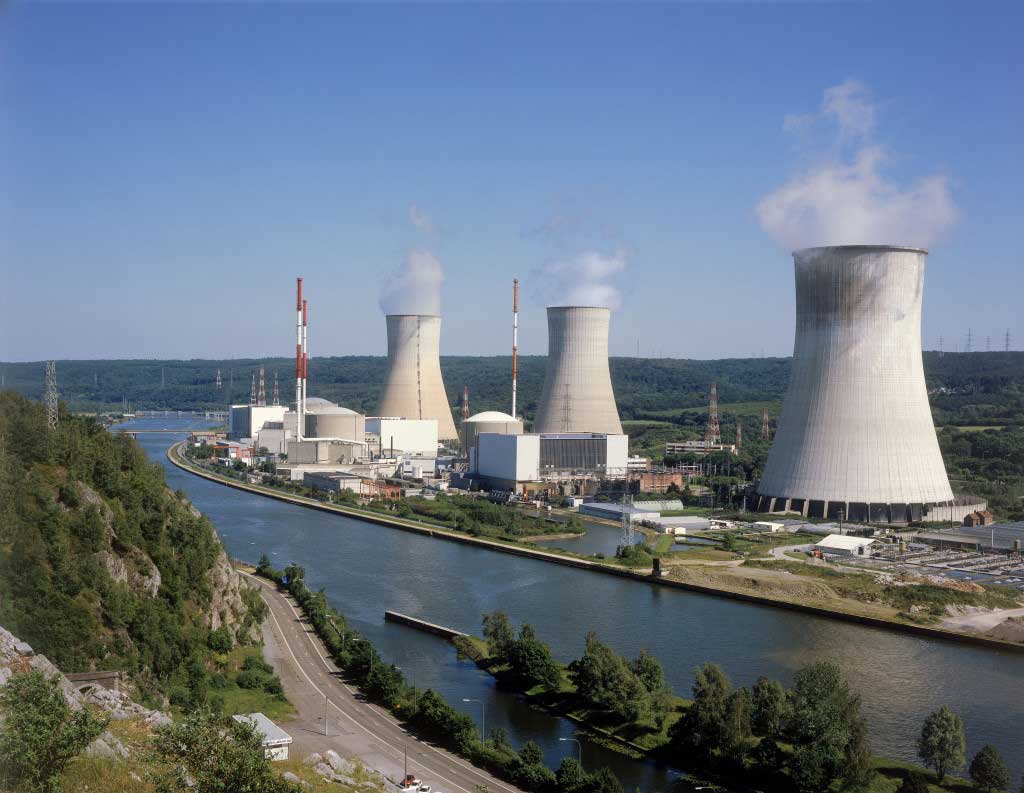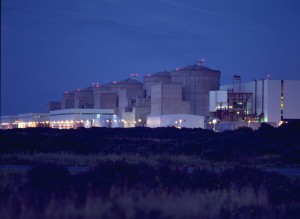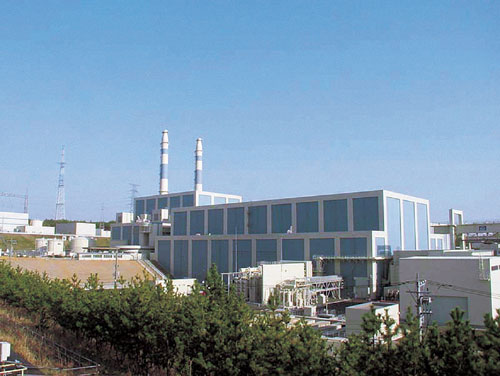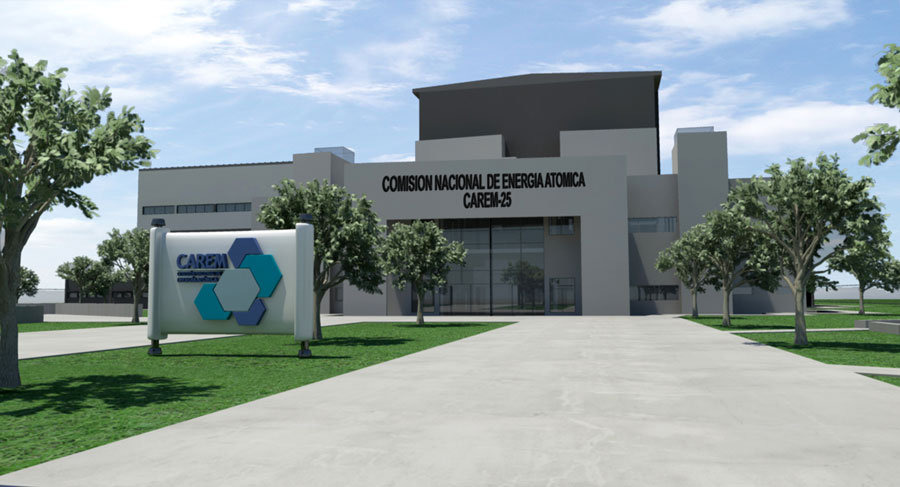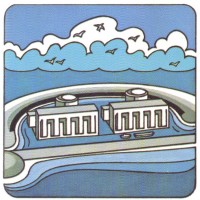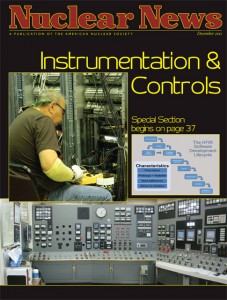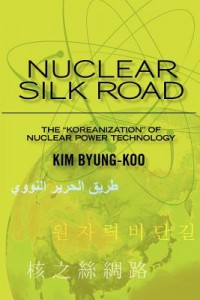Utilities Services Alliance’s Christensen to retire

Christensen
John Christensen, president and chief executive officer of Utilities Service Alliance (USA), has announced his retirement effective at the end of 2024. His career spans more than 41 years in the nuclear industry.
“The last 17 years have been some of the most challenging and gratifying years in my career,” he said. “The people I’ve had the opportunity to work with have been a great inspiration. I am extremely proud of everything we have accomplished since I joined USA.”
Ken Peters, USA’s chair of the board, noted, “John’s service and drive in helping the members of USA improve safety, plant operations and financial performance is a testament to his commitment to our industry. We wish John the very best in his retirement.”



 Wednesday during National Nuclear Science Week is devoted to the topic of Nuclear Energy. Do you know how we use the energy obtained by splitting the atom to produce the electricity that charges up your phone, powers your TV and router, and lights your way? Click on the link below to see the basics.
Wednesday during National Nuclear Science Week is devoted to the topic of Nuclear Energy. Do you know how we use the energy obtained by splitting the atom to produce the electricity that charges up your phone, powers your TV and router, and lights your way? Click on the link below to see the basics.